Nine electric taxis will take part in a wireless charging trial in Nottingham, funded by the Office for Zero Emission Vehicles (OZEV).
The taxis will be available on Nottingham’s streets for hail by the general public as they capture vehicle data for the trial, including journey distances and battery level.
All the vehicles will be adorned in a new green and blue livery to promote the WiCET (Wireless Charging of Electric Taxis) branding, with "This electric taxi will charge wirelessly" emblazoned over concentric rings that signify the wireless power transfer.
Posters inside the taxis will help inform passengers how wireless charging works and the benefits of charging wirelessly.
Abdul Chowdhury, head of innovation at OZEV, said: “The WiCET project is part of our diverse innovation programme looking to address the challenges associated with the transition to zero emission vehicles. Wireless charging technology has clear commercial and consumer experience opportunities but most importantly could help address some accessibility challenges associated with charging an EV.”
Five plug-in hybrid LEVC TX Electric Taxis, and four electric Nissan Dynamo taxis, will take part in the project. The first two WiCET electric taxis were fitted with wireless charging technology earlier this Summer, and the remaining vehicles will be wirelessly enabled at the beginning of next year.
Wireless EV charging occurs when a compatible vehicle is stationary over a wireless induction pad which can be built into the roads surface, to top up battery power. This offers a convenient alternative to conventional plug-in chargepoints without the need for cables. The technology is similar to that already used for wireless mobile phone charging.
It’s expected that the technology will help provide better service availability for passengers and allow more time collecting fares for taxi drivers. Charging the taxi wirelessly through short bursts should also help reduce range anxiety and optimise battery usage.
Councillor Sally Longford, portfolio holder for energy and environment at Nottingham City Council, added: “While we’re proud that Nottingham’s taxi fleet already boasts a large number of electric taxis, wireless charging is the next step to make them even more convenient and easier for drivers to use – and no need for cables on our taxi ranks.
“Making our taxis cleaner will help to improve air quality in the city, and help us reach our goal of becoming the UK’s first carbon neutral city by 2028. We’ve had a lot of positive feedback from passengers too about how much quieter and pleasant the electric taxis are. I’m looking forward to seeing this new technology trialled on our streets”.
The Department for Transport (DfT) says that the £3.4 million scheme could pave the way for a revolution in electric vehicle (EV) charging. It hopes that if the trial is successful wireless charging could be rolled out more broadly for public use.
Cenex, Sprint Power, Shell, Nottingham City Council, Parking Energy, Transport for London and Coventry University are all involved in the project.
Nottingham City Council will own the vehicles and provide them to drivers rent free.

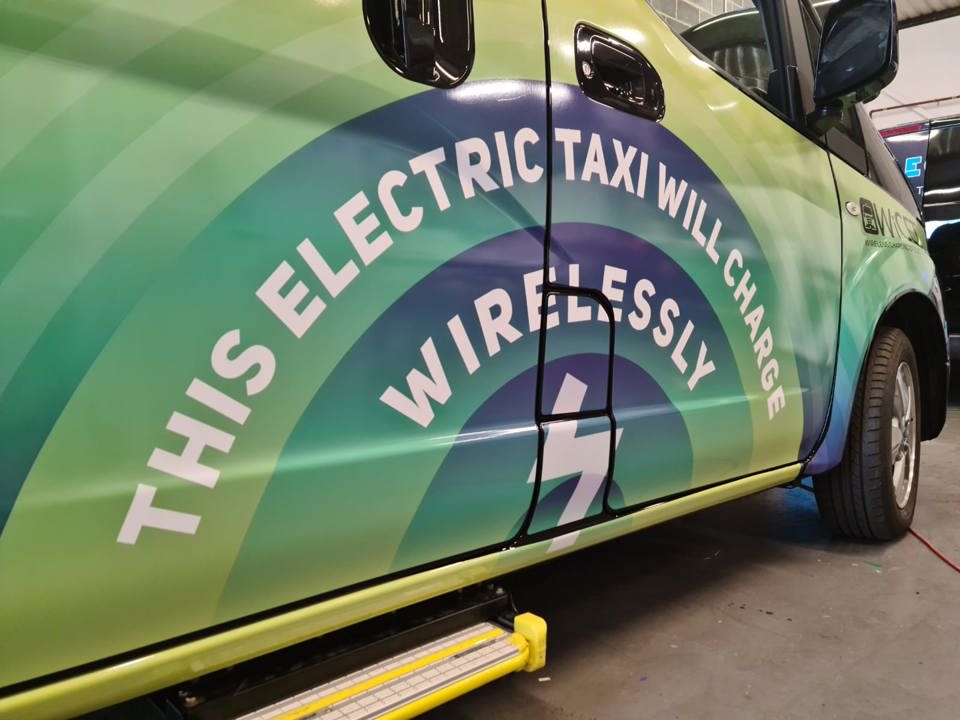




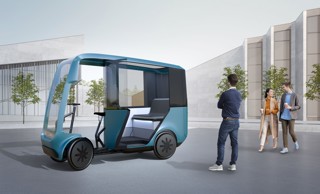
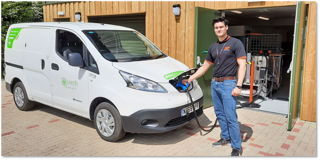
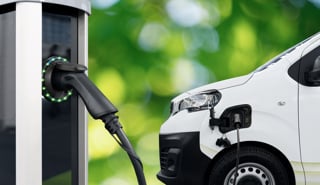
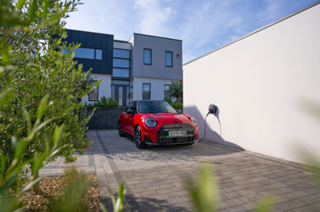













Login to comment
Comments
No comments have been made yet.